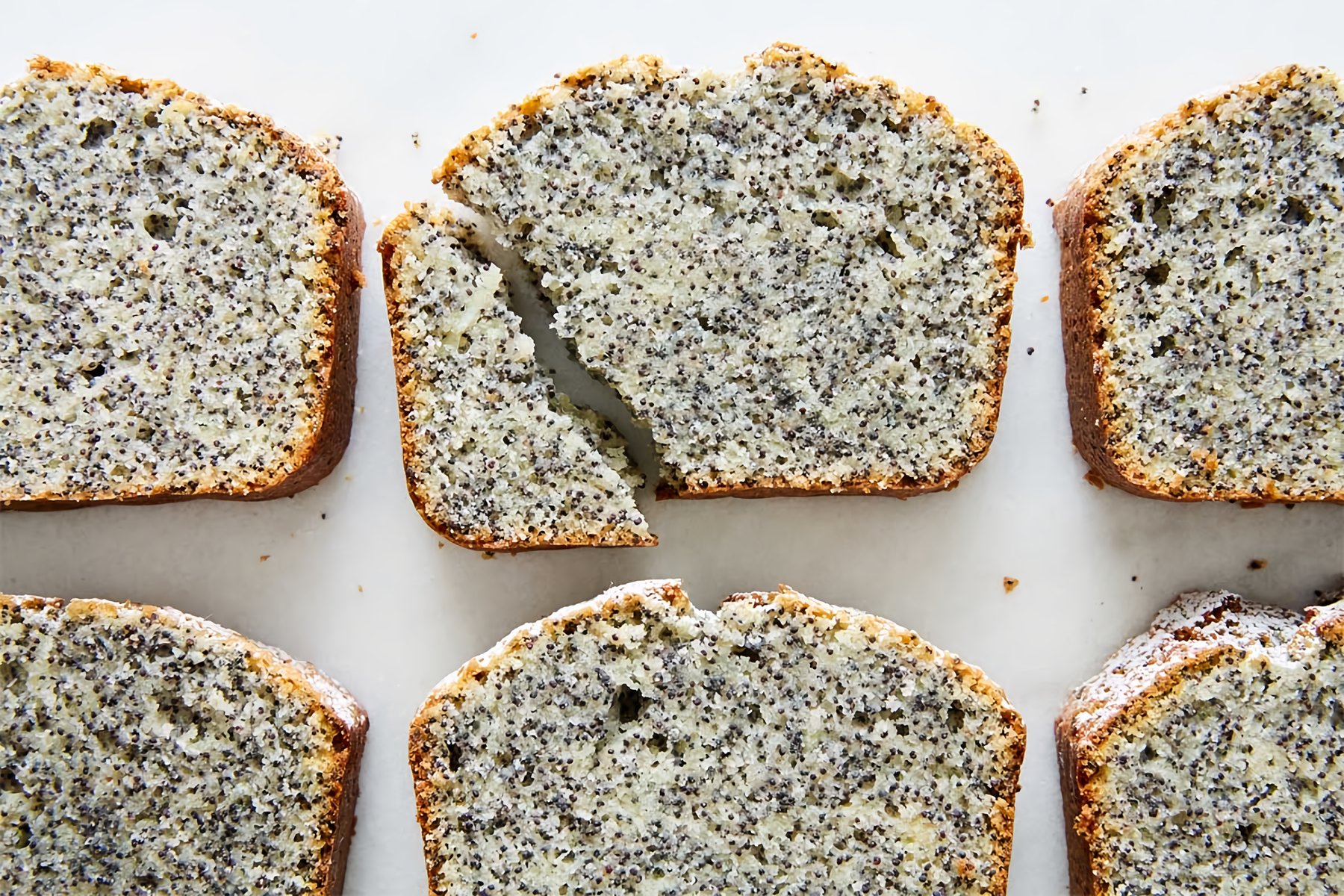
1 hr 5 mins
1
2
3
4
5
5
from
1
vote
Cakes are the quintessential dessert. They're most popular as dessert for special celebrations like birthdays and weddings. Moreover, they're also great for wrapping up meals with something nice and airy. Make your favorite cake with our amazing cake recipes! Go as rich and as decadent as you want with delectable chocolate cakes. Or, keep things simple with yummy cheesecakes. Our amazing cake recipes will win the hearts of any dessert connoisseur!
Read More

50 mins
1
2
3
4
5
5
from
1
vote
Dive into the art of bread-making with our bread dough recipes! Learn how to bake bread and other dough food with these bread dough recipes. From sourdough bread to scones, there’s no bread you won’t know how to make. Learn from our recipes and you’ll soon be ready to open your own bakery in no time!
Read More

27 mins
1
2
3
4
5
5
from
1
vote
Get creative and experiment with different fillings to make the ultimate sandwich. These sandwich recipes come in handy for those looking for a quick, but filling bite. Enjoy a variety of sandwiches with tasty spreads, meats, and other sweet and savory fillings. Our sandwich recipes also come with unique and more well-known flavors! So get your favorite bread, and try out some of these flavorful sandwiches today.
Read More

35 mins
1
2
3
4
5
5
from
1
vote
Prefer something a little denser than cupcakes? Look no further, muffins got you covered! These easy muffin recipes will help you create baked treats that are sure to win the hearts of many.
Read More

55 mins
1
2
3
4
5
5
from
1
vote
Have a few bites of appetizers to prep you for the big meal. Hungry but don’t want anything too heavy? These snack and appetizer recipes are sure to satisfy you and keep the hunger pangs at bay. From healthy snacks to extravagant party appetizers, you'll find anything light bite that suits your fancy right here!
Read More

25 mins
1
2
3
4
5
5
from
1
vote
No breakfast is complete without hot stacks of delicious pancakes! You may not be a morning person now, but with our yummy pancake recipes you certainly will be! There're easy recipes for all kinds of different pancakes. We have thick and thin pancakes and ones with fruits like blueberries and banana. Don't forget fluffy, Japanese-inspired pancakes! Not to mention pancakes made with potatoes and pumpkins (not flour)! Whatever pancake recipes you want to try, we have it here.
Read More

1 hr
1
2
3
4
5
5
from
1
vote
Dive into the art of bread-making with our bread dough recipes! Learn how to bake bread and other dough food with these bread dough recipes. From sourdough bread to scones, there’s no bread you won’t know how to make. Learn from our recipes and you’ll soon be ready to open your own bakery in no time!
Read More
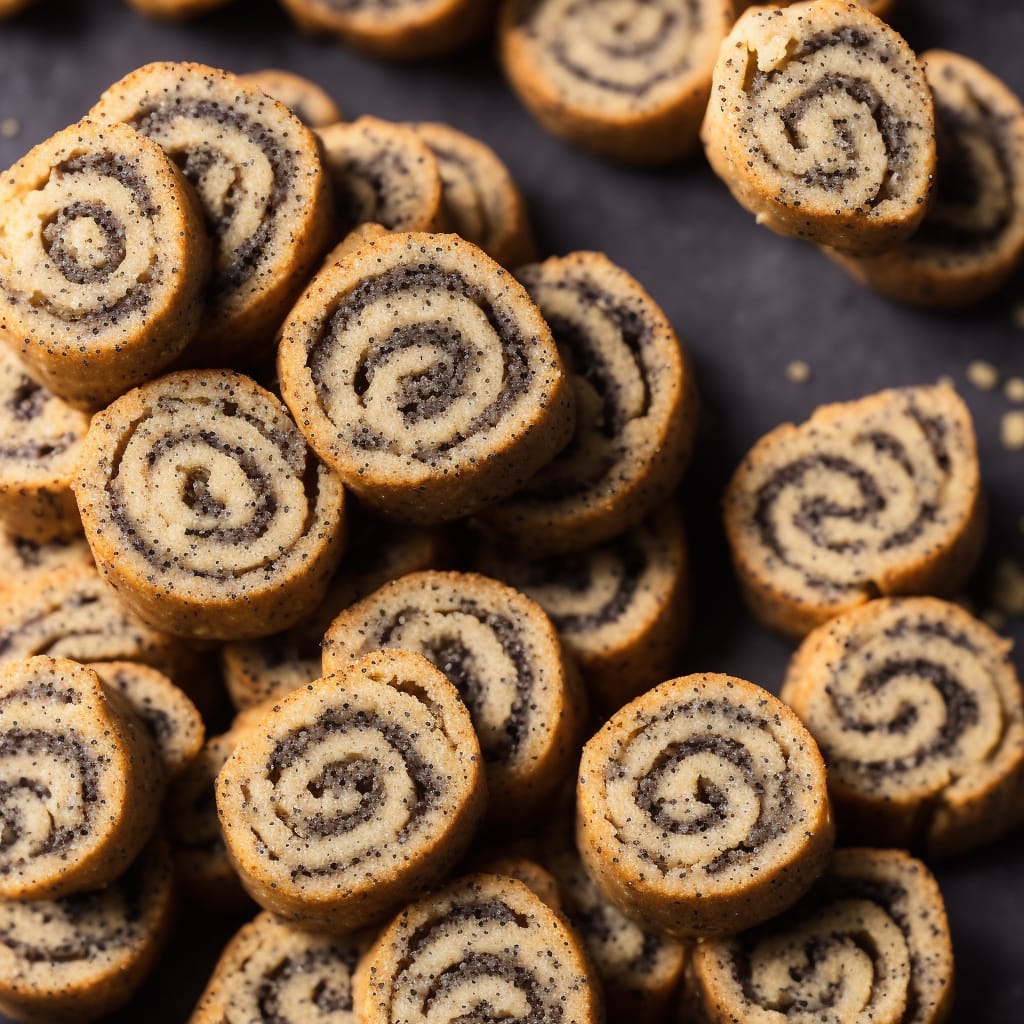
1 hr 10 mins
1
2
3
4
5
5
from
1
vote
Dive into the art of bread-making with our bread dough recipes! Learn how to bake bread and other dough food with these bread dough recipes. From sourdough bread to scones, there’s no bread you won’t know how to make. Learn from our recipes and you’ll soon be ready to open your own bakery in no time!
Read More
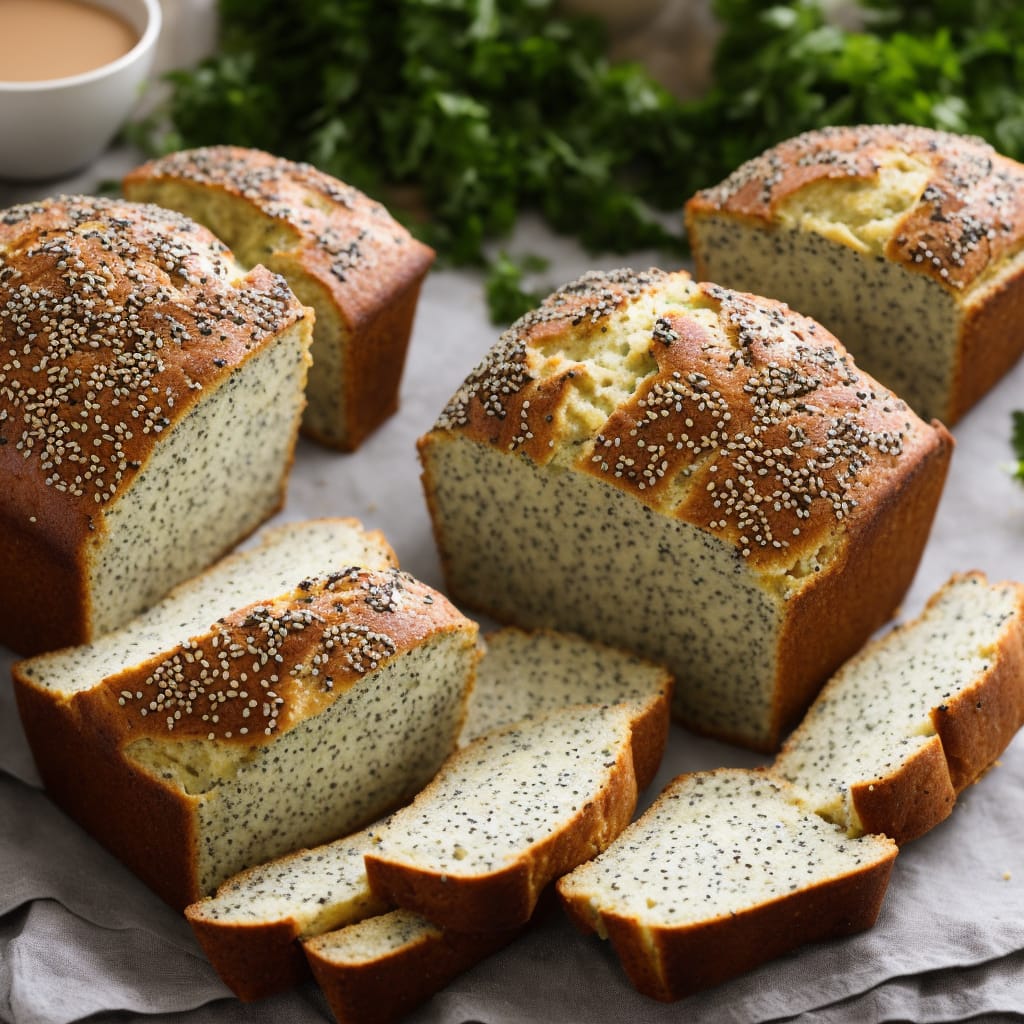
1 hr 5 mins
1
2
3
4
5
5
from
1
vote
Dive into the art of bread-making with our bread dough recipes! Learn how to bake bread and other dough food with these bread dough recipes. From sourdough bread to scones, there’s no bread you won’t know how to make. Learn from our recipes and you’ll soon be ready to open your own bakery in no time!
Read More

1 hr 5 mins
1
2
3
4
5
5
from
1
vote
Feeling lucky? Our Irish-inspired St. Patrick's Day recipes don't need luck to taste that good. Check out the choices from corned beef and cabbage to Irish soda bread. Serve an Irish feast on St. Patrick's Day.
Read More

40 mins
1
2
3
4
5
5
from
1
vote
There’s nothing better than a hot and fresh casserole right from the oven. For cooking recipes that are failsafe and delicious, look no further and follow these casserole recipes that are sure to garner you some new fans along the way.
Read More

30 mins
1
2
3
4
5
5
from
1
vote
Get creative and experiment with different fillings to make the ultimate sandwich. These sandwich recipes come in handy for those looking for a quick, but filling bite. Enjoy a variety of sandwiches with tasty spreads, meats, and other sweet and savory fillings. Our sandwich recipes also come with unique and more well-known flavors! So get your favorite bread, and try out some of these flavorful sandwiches today.
Read More

15 mins
1
2
3
4
5
5
from
1
vote
Salads are great for integrating your daily dose of healthy greens into your meals. Check out these salad recipes to throw together a salad that’s not only healthy, but also delicious as well!
Read More
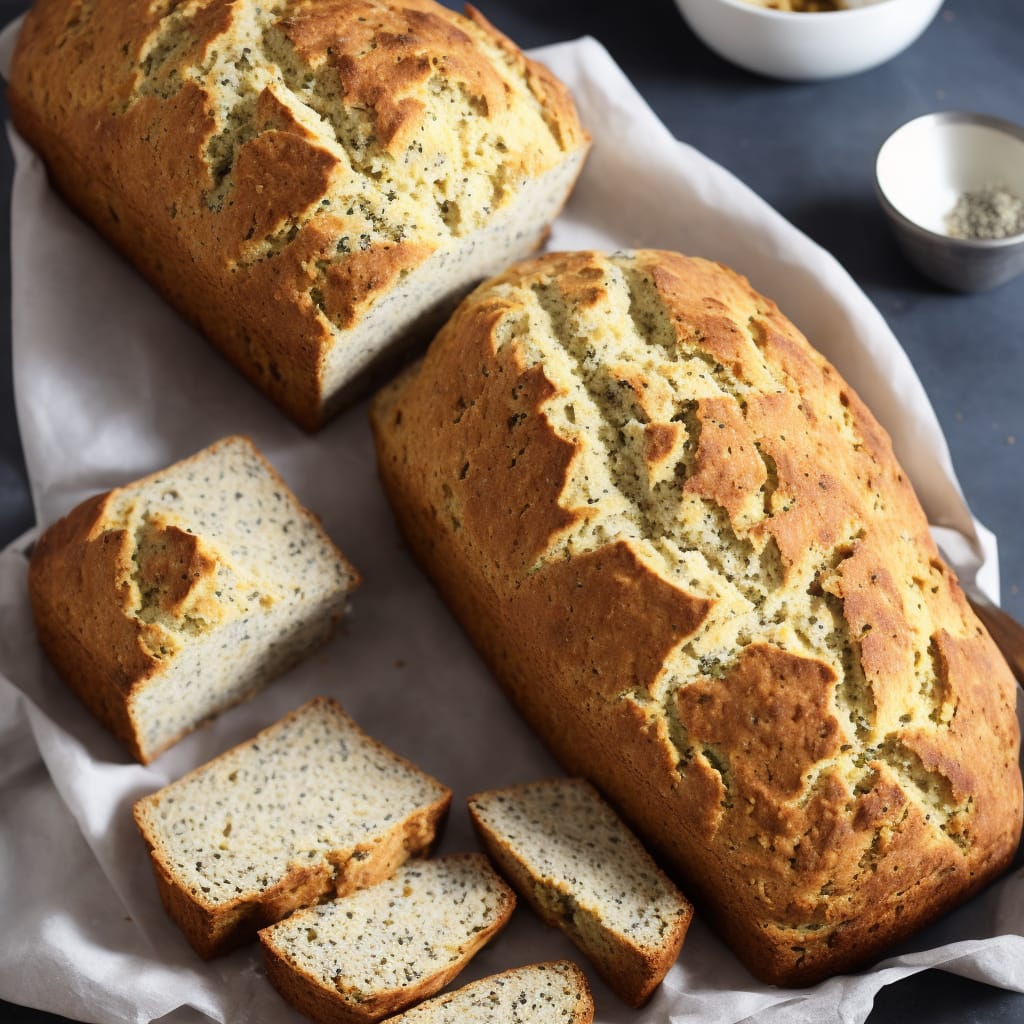
55 mins
1
2
3
4
5
5
from
1
vote
Dive into the art of bread-making with our bread dough recipes! Learn how to bake bread and other dough food with these bread dough recipes. From sourdough bread to scones, there’s no bread you won’t know how to make. Learn from our recipes and you’ll soon be ready to open your own bakery in no time!
Read More

1 hr 45 mins
1
2
3
4
5
5
from
1
vote
Nothing beats what a good pot roast can bring to the dinner table! Make the rich, flavorful dishes with our lovely roast recipes. There’s no better way to cook meats like steak, ham, lamb, and even fish like a good ‘ol roasting. This method of cooking brings out the rich, flavors of meat and veggies like no other. It may seem difficult and intimidating to do on your first try, but trust us. You’ll quickly master the art of roasting with our easy and delicious roast recipes.
Read More

45 mins
1
2
3
4
5
5
from
1
vote
Cakes are the quintessential dessert. They're most popular as dessert for special celebrations like birthdays and weddings. Moreover, they're also great for wrapping up meals with something nice and airy. Make your favorite cake with our amazing cake recipes! Go as rich and as decadent as you want with delectable chocolate cakes. Or, keep things simple with yummy cheesecakes. Our amazing cake recipes will win the hearts of any dessert connoisseur!
Read More

15 mins
1
2
3
4
5
5
from
1
vote
Salads are great for integrating your daily dose of healthy greens into your meals. Check out these salad recipes to throw together a salad that’s not only healthy, but also delicious as well!
Read More

25 mins
1
2
3
4
5
5
from
1
vote
Have a few bites of appetizers to prep you for the big meal. Hungry but don’t want anything too heavy? These snack and appetizer recipes are sure to satisfy you and keep the hunger pangs at bay. From healthy snacks to extravagant party appetizers, you'll find anything light bite that suits your fancy right here!
Read More

1 hr
1
2
3
4
5
5
from
1
vote
Cakes are the quintessential dessert. They're most popular as dessert for special celebrations like birthdays and weddings. Moreover, they're also great for wrapping up meals with something nice and airy. Make your favorite cake with our amazing cake recipes! Go as rich and as decadent as you want with delectable chocolate cakes. Or, keep things simple with yummy cheesecakes. Our amazing cake recipes will win the hearts of any dessert connoisseur!
Read More

20 mins
1
2
3
4
5
5
from
1
vote
Salads are great for integrating your daily dose of healthy greens into your meals. Check out these salad recipes to throw together a salad that’s not only healthy, but also delicious as well!
Read More

15 mins
1
2
3
4
5
5
from
1
vote
Who says vegetarians don't get to enjoy savory meals? A taste of these authentic vegetarian recipes will make you change your mind. So, you just might want to go vegetarian after your first bite.
Read More

27 mins
1
2
3
4
5
5
from
1
vote
Where do you even begin with seafood? You might find yourself overwhelmed by the vast selection of seafood dishes to choose from, but fret not! Our seafood recipes are here to help you out!
Read More
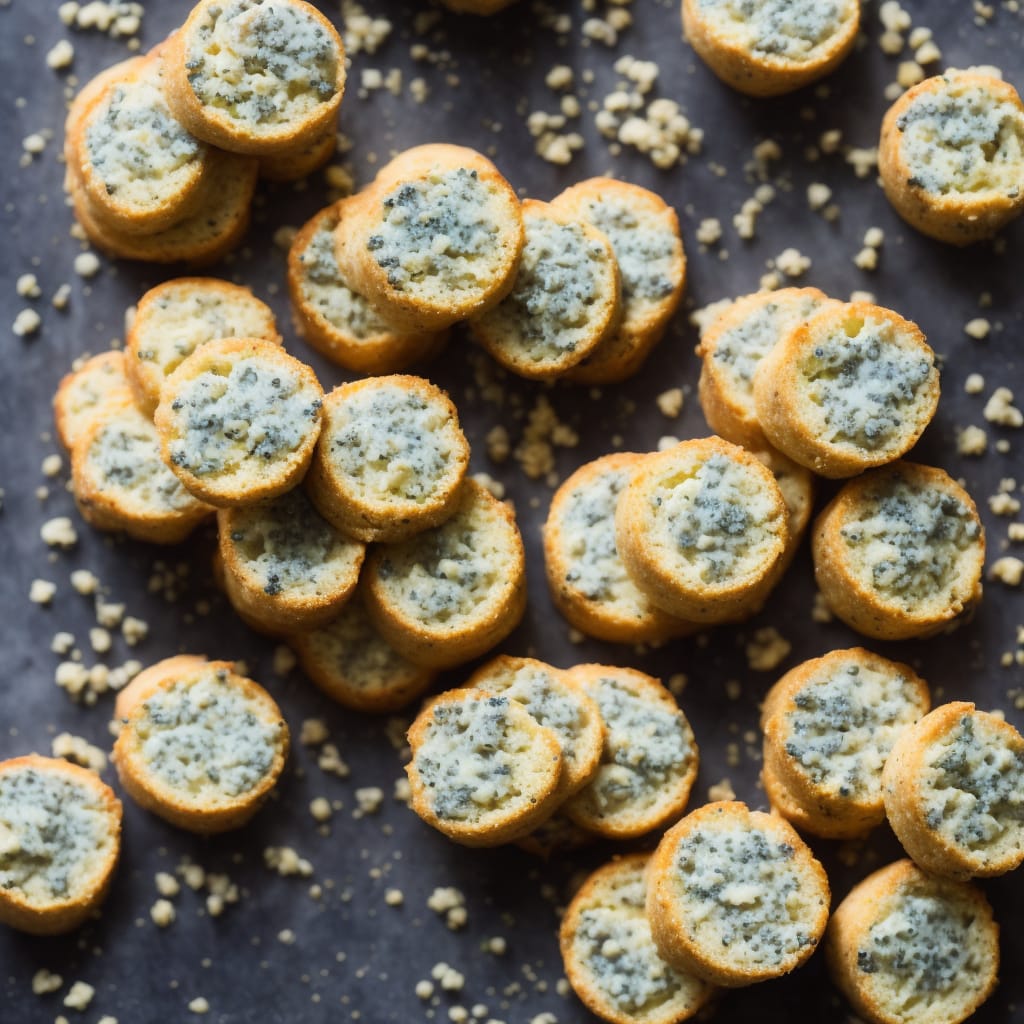
35 mins
1
2
3
4
5
5
from
1
vote
Who says vegetarians don't get to enjoy savory meals? A taste of these authentic vegetarian recipes will make you change your mind. So, you just might want to go vegetarian after your first bite.
Read More

40 mins
1
2
3
4
5
5
from
1
vote
Who says vegetarians don't get to enjoy savory meals? A taste of these authentic vegetarian recipes will make you change your mind. So, you just might want to go vegetarian after your first bite.
Read More

15 mins
1
2
3
4
5
5
from
1
vote
Who says vegetarians don't get to enjoy savory meals? A taste of these authentic vegetarian recipes will make you change your mind. So, you just might want to go vegetarian after your first bite.
Read More

45 mins
1
2
3
4
5
5
from
1
vote
Cakes are the quintessential dessert. They're most popular as dessert for special celebrations like birthdays and weddings. Moreover, they're also great for wrapping up meals with something nice and airy. Make your favorite cake with our amazing cake recipes! Go as rich and as decadent as you want with delectable chocolate cakes. Or, keep things simple with yummy cheesecakes. Our amazing cake recipes will win the hearts of any dessert connoisseur!
Read More
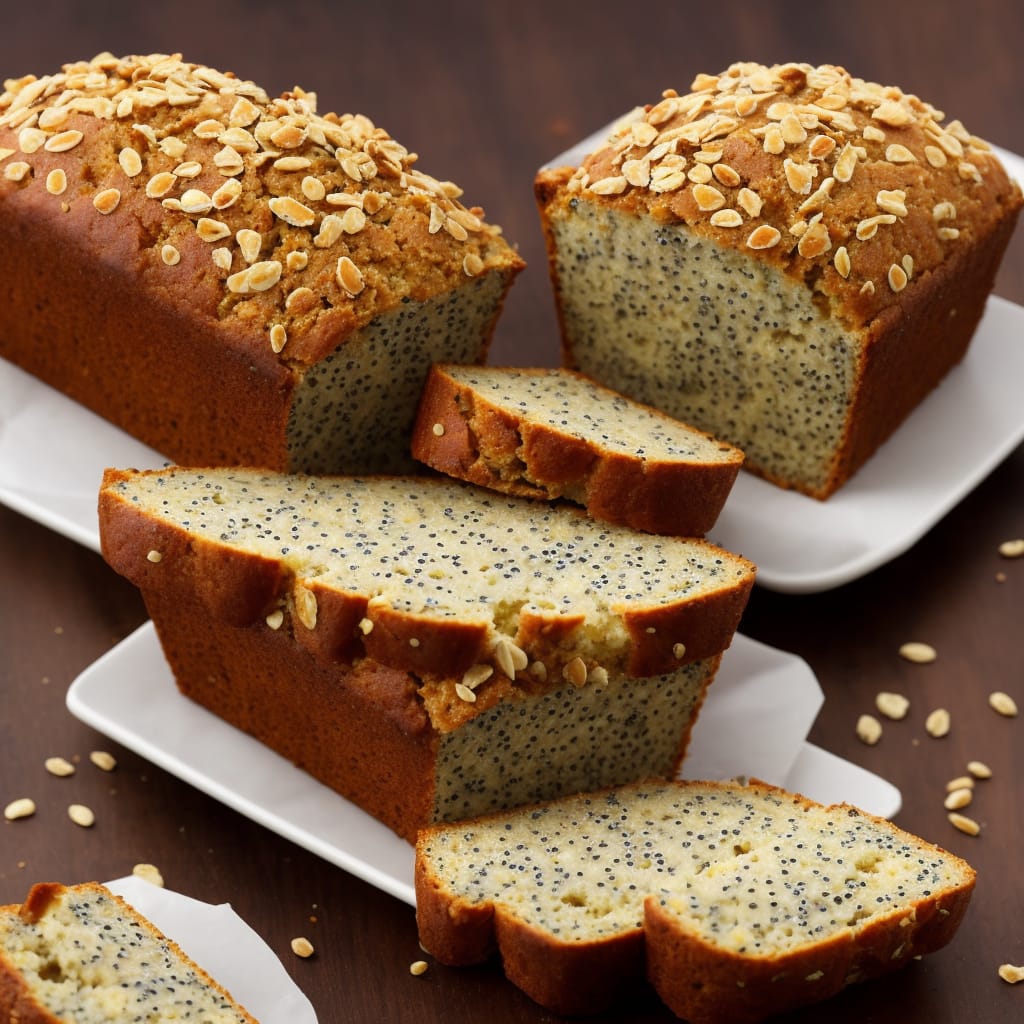
1 hr
1
2
3
4
5
5
from
1
vote
Dive into the art of bread-making with our bread dough recipes! Learn how to bake bread and other dough food with these bread dough recipes. From sourdough bread to scones, there’s no bread you won’t know how to make. Learn from our recipes and you’ll soon be ready to open your own bakery in no time!
Read More

35 mins
1
2
3
4
5
5
from
1
vote
Dive into the art of bread-making with our bread dough recipes! Learn how to bake bread and other dough food with these bread dough recipes. From sourdough bread to scones, there’s no bread you won’t know how to make. Learn from our recipes and you’ll soon be ready to open your own bakery in no time!
Read More

35 mins
1
2
3
4
5
5
from
1
vote
Prefer something a little denser than cupcakes? Look no further, muffins got you covered! These easy muffin recipes will help you create baked treats that are sure to win the hearts of many.
Read More

27 mins
1
2
3
4
5
5
from
1
vote
Have a few bites of appetizers to prep you for the big meal. Hungry but don’t want anything too heavy? These snack and appetizer recipes are sure to satisfy you and keep the hunger pangs at bay. From healthy snacks to extravagant party appetizers, you'll find anything light bite that suits your fancy right here!
Read More





























